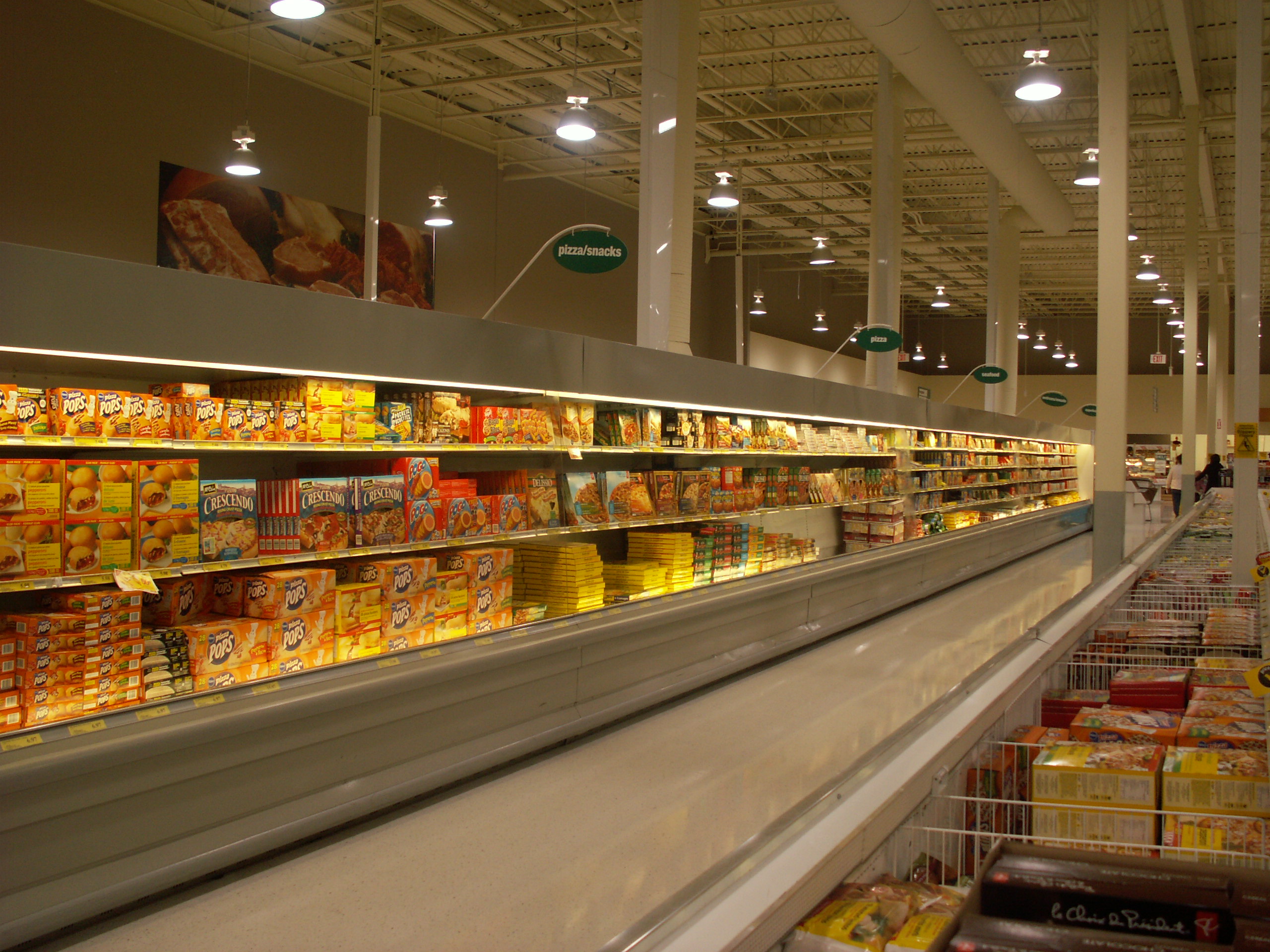Retail franchise is a notoriously up and down sector of the business world. When times are good products fly off the shelves, profits are huge and it’s a relatively easy way to make money. However, in times of more economic uncertainty, shoppers lose confidence and choose to hold onto their hard-earned cash instead of spending it. Then it becomes harder to balance the books.
However, sensible retail strategy and following a proven business plan can make it easy to pass through the leaner times so that you enjoy the boom. Which is why retail is one of the most popular areas for franchises, and why many of the world’s most successful and popular franchises are in the retail sector.
With the weight of branding and trademark behind you, it is easier to ride out the times of economic downturn than if you were just a small independent business. So being a franchise is kind of like an insurance for when the retail industry is going through a periodic slump.
Types of retail franchise
If people will buy it, you can set up a shop to sell it; and if you can set up one shop, you can start a franchise. Which explains the sheer breadth of opportunity in retail franchising. However, below are some examples of areas within retail that have been particularly successful using the franchise model.
Food Retail – McDonald’s is perhaps the most famous franchise chain in the world, with restaurants all over the world. Other franchises in this sector include KFC and Subway. They have proved successfully that the franchise model works especially well with retail outlets.
If people are going to spend money on food when out and about, they like to know what they are going to get. The fast food franchise model relies on consistency across the board. That is why franchise restaurants always look and feel the same, and why a burger you would get in Moscow is the same as the one you would get in Los Angeles.
Retail services – There are numerous franchise opportunities that bridge the gap between the retail and services industries. These include sectors like postal delivery, where customers pay to use the service network of the franchisor or a third party.
Store Front Retail – Operating in a similar way to the fast food model, convenience stores rely on brand recognition and familiarity to draw custom. Having a local store with nationwide branding offers the best of both worlds for consumers.
Specialist goods – There are numerous options for franchises specialising in certain types of goods. These cover multiple sectors including hardware, sporting goods and more. These franchises allow franchisees to enter the market with an established brand name behind them.
Why choose a franchise?
Launching a business is not easy. First you have to come up with an idea, then write the business plan, secure funding and source products. You have to find a suitable location, hire and train staff, develop branding and market the business.
By the time you have done all this, months or even years could have gone past and you may have even missed your window in the market. Even once you are open, you may have to spend so much time ironing out issues with the business model and promoting yourself that you lose focus on customers and sales.
As part of a franchise, much of the above is removed. You already have the branding and trademarking in place, and the business model has been proven to work. You might receive assistance with the location and outfitting, as well as staff training. Plus, you will have access to a range of products and supply chains with established prices in place.
All of this means you can open sooner, getting customers through the door and generating income. In general, new businesses take an average of one year to launch when starting from scratch, with new businesses even having to start the planning phase some months before that. As a franchise, you could be open in as little as two months. That’s potentially ten months of trading time you could have over the competition.
The training and support you receive from the franchisor also means you can have staff on the ground quickly. Plus, working in tandem with other franchisees, you have group purchasing power and are able to get better deals on products to maximise profit.
How to get started in your franchise
The first thing to think about is what kind of retail business you want to own and run. Do you have any experience in any particular area that could determine which direction you want to go? Very often, following your own interests is a key indicator of the sector you should be looking at.
Then you need to identify where your business will be based. This will help you assess the market and competition. Investing in a soup franchise by the beach might not be such a good idea. But ice cream could work. You should also consider how many other outlets are already operating and how you would achieve your required market share.
Do your research by speaking to other franchisees and asking about their personal experience. Then you should delve into the numbers and try to establish whether or not it will be profitable.
Once all the due diligence is carried out, it may then be time to raise capital and think about signing the franchise agreement.
Retail franchises are ideally suited to people looking to break into the retail business with a degree of independence but also with some support to make it through the tough times when they happen. It’s an ideal combination of entrepreneurial spirit and being a team player.
To view available retail franchises, please Click Here

